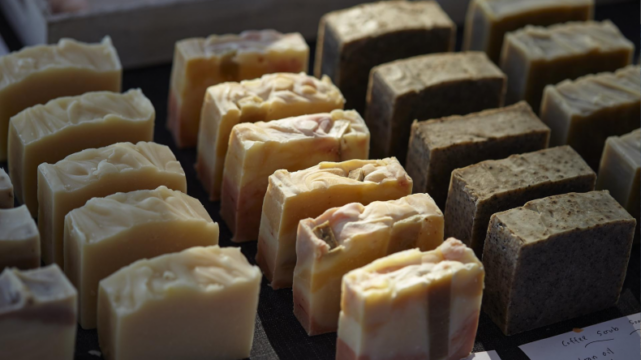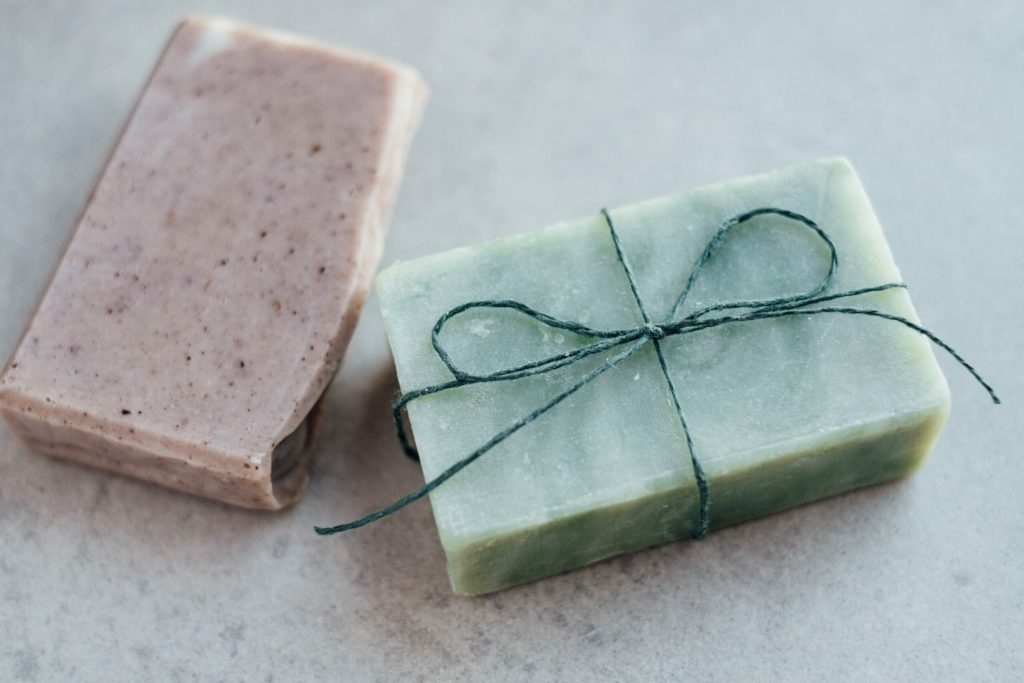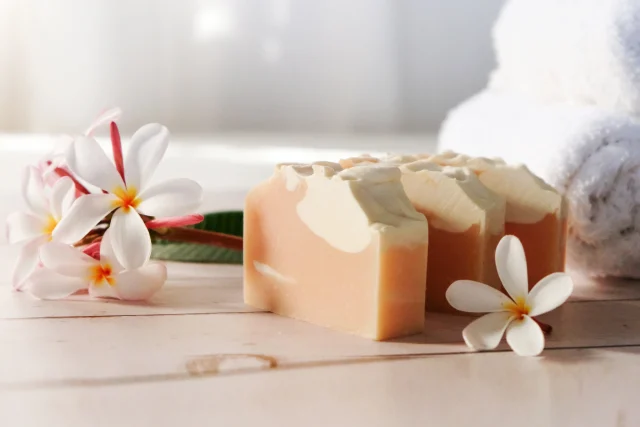While organic soap is becoming increasingly popular, many people are still unsure about how to tell if the soap they’re using is actually organic. In this article, we’ll outline a simple, easy-to-follow guide on how to determine if soap is organic – 2024.
What is Organic Soap?
Soap is a product that is made from a mixture of soap flakes and water. Soap flakes are made from the fatty parts of plants, and water is used to make the soap into a liquid. Soap can be made from any type of plant, but organic soap is different because it won’t contain any chemicals or toxins.
To be considered organic, soap must meet several requirements.
– First, it must be made from natural ingredients. This means that no synthetic chemicals or fertilizers were used in the manufacturing process.
– Second, the soap must be produced without the use of irradiation or other harmful methods.
– Finally, all organic soap products must be labeled as such.
Soap made from natural ingredients is usually softer than soap made from synthetic ingredients. However, there are some exceptions to this rule. Soap made from natural materials can also be harder than soap made from synthetic materials.
How to Tell if a Soap is Organic?
Soap is a common household product that many people use to clean themselves. Soaps are made from chemicals and other ingredients, and many people believe that soap made with chemicals is more harmful than soap made with organic ingredients.
To determine if a soap is organic, you first need to know what “organic” means. To be classified as “organic,” the ingredients in the soap must be grown using methods that do not damage the environment or the health of the workers who produce it. Some of the main criteria used to determine if a soap is organic include whether the ingredients are sourced from sustainable practices, whether toxic chemicals have been eliminated, and whether there has been a fair wage paid to the workers who produced it.
Soaps that are certified as “organic” are usually less harmful and more environmentally friendly than soaps that are not certified. If you’re looking for a soap that is both organic and non-toxic, look for a soap that is certified as both organic and biodegradable.
The Best Types of Organic Soaps

When you’re looking for organic soap, the best option is to look for a soap that is certified organic. There are many different certifications that organic soaps can have, but the most common certification is the USDA organic label.
Soaps that are certified organic typically have a few other benefits as well. For example, they may be made with natural ingredients and they may not contain any harsh chemicals. They also tend to be more affordable than soaps that are not certified organic. Organic soap for men is also available, and this type of soap is typically made with ingredients like ginger and cedarwood.
What are the Benefits of Organic Soap?
Organic soap is a type of soap that is made from natural ingredients. These ingredients are often plant-based, which means they are free from chemicals and pollutants.
There are a number of benefits to using organic soap.
– For one, it can be more sustainable. Organic soap is made using natural resources, so it doesn’t require the use of pesticides or other chemicals. It also helps to protect the environment because organically produced soap doesn’t harm wildlife.
– Another benefit of using organic soap is that it can help to improve your skin’s health. Many synthetic chemicals used in conventional soap are absorbed by the skin and can cause irritation and other skin problems. Organic soap is made without these types of chemicals, which means it is more gentle on your skin.
If you’re looking for a type of soap that is both environmentally friendly and healthy for your skin, organic soap should be your choice.
What are the Ingredients in Soap?
The ingredients in soap can be organic or not. If the soap has an “organic” label, it means that at least one of the ingredients is organic. However, some soaps may have more than one organic ingredient, which makes it more difficult to determine which ingredient is organic.
Some of the ingredients in soap that are not necessarily organic include sulfates, which are used to make the soap foam; fragrances; and colorants. Sulfates can be harmful if they are washed off and get into water supplies. Fragrances can also cause allergies and other health problems. Colorants can cause environmental damage if they end up in waterways.
Soap labeled as “organic” usually contains only organic ingredients. It may be more expensive, but it is usually worth it because it is healthier for you and the environment.
Can You Trust the Label?

There is no legal or official definition for “organic” soap, so labels that claim this term are often unreliable. Many of the big brands have stopped labeling their soap as “organic” because it’s difficult to prove that their products are actually organic.
Instead, look for brands that use natural ingredients like palm oil or beeswax. These ingredients are likely to be organic, since they’re derived from plants rather than being manufactured in a laboratory. If you can’t find these ingredients on the label, it’s probably not an organic product.
Conclusion
Soap is a necessary part of our daily lives, but what happens when we can’t find soap that’s organic? In this article, we’ll be covering all the different ways you can tell if soap is organic and which ones are the best choices for your skin. From brands to ingredients, we’ll cover everything you need to know in order to make an informed decision about what soap to buy. Soaps made with natural ingredients are always a good choice, but don’t forget about those that contain plant-based detergents as well!




